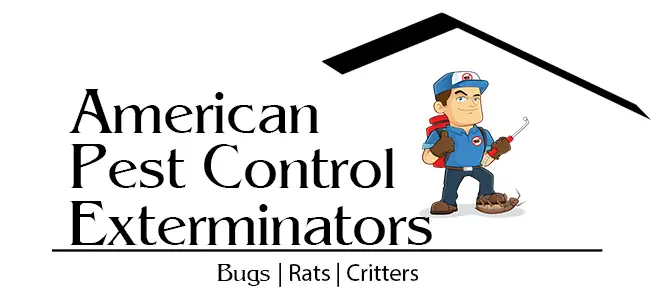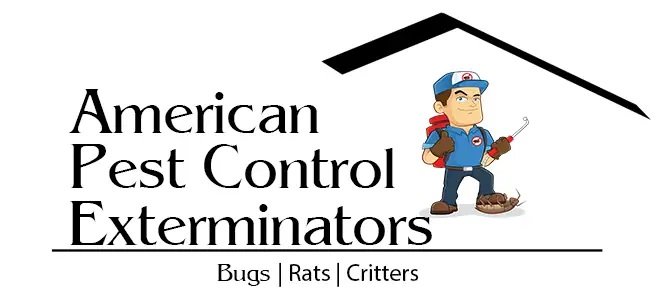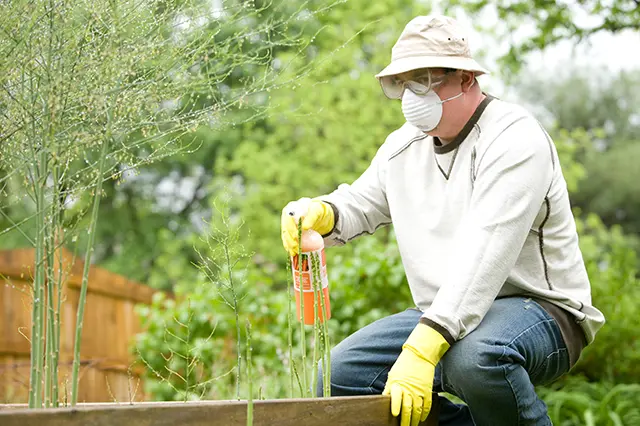
Pest Control 101: Everything You Need To Know About Getting Rid Of Pesky Pests
For homeowners, pests are often the bane of their existence. Whether it’s small insects or larger animals, these pesky creatures can cause a lot of damage and headaches. That’s why pest control is so important for any home. Understanding how to properly get rid of these pests is essential to keeping your home safe from harm and ensuring that you don’t have to deal with any more unwanted visitors than necessary. In this blog post, we will explore everything you need to know about getting rid of pesky pests. From prevention measures to DIY treatments and professional services, read on to learn all about pest control!
What is pest control?
Pest control is the process of getting rid of troublesome insects, rodents, and other small animals from your home. While some people enjoy having a pet around the house, others find them to be a nuisance. If you’re in the latter camp, then you’ll want to take some steps to keep pests out of your home.
One way to do this is to make your home less inviting to them. This means sealing up any cracks or openings they could use to get inside. You should also try to eliminate their food and water sources. If you have a problem with mice, for example, you might want to invest in some mouse traps.
If there are already pests in your home, then you’ll need to take more aggressive measures. This might involve using pesticides or hiring a professional exterminator. Just be sure to follow all safety instructions when using any type of pesticide.
Pest control can be a difficult and ongoing battle, but it’s one that’s worth fighting if you want to keep your home pest-free.
The different types of pest control
Pest control can be a big problem, especially if you live in an area with a lot of pests. There are many different types of pest control, and each has its own advantages and disadvantages.
The most common type of pest control is chemical pest control. This involves using pesticides to kill pests. Pesticides can be very effective at killing pests, but they can also be dangerous to humans and animals. If you use pesticides, you should always follow the directions on the label carefully.
Another type of pest control is biological pest control. This involves using natural predators to kill pests. For example, ladybugs eat aphids, so releasing ladybugs into your garden can help to get rid of aphids. Biological pest control is usually safe for humans and animals, but it can take longer to work than chemical pest control.
Physical pest control involves using physical barriers to keep pests away from your home or garden. For example, you can put up a fence to keep deer out of your garden. Physical pest control can be effective, but it can be expensive and time-consuming.
The best way to deal with a pest problem is to prevent it from happening in the first place. You can do this by keeping your yard clean and tidy and by repairing any damage that pests may have caused.
The benefits of pest control
There are many benefits that come with pest control. For one, it helps to keep your home or business free of pests. This can be important for both your health and the appearance of your property. Pest control can also help to prevent damage to your property that pests may cause. In addition, pest control can help you avoid the potential of costly repairs that may be necessary if pests are left to their own devices.
The risks of pest control
Pests can pose a serious threat to your home and family if they’re not controlled. Some common risks associated with pests include:
• Disease – Pests can carry and transmit harmful diseases to humans. For example, rodents can carry the bubonic plague and cockroaches can spread salmonella poisoning.
• Allergies – Some people are allergic to certain types of pests, such as dust mites and pollen from bees and wasps. These allergies can range from annoying to life-threatening.
• Property damage – Pests can cause extensive damage to your home or business. For example, termites can destroy wooden structures, while carpenter ants tunnel through wood to create nests.
• Fire hazard – Certain pests, such as rats and mice, are known to gnaw on electrical wires, which poses a serious fire hazard.
• Unpleasant odors – Some pests can create an unpleasant odor in your home. For example, cockroaches and rats can leave behind a musty smell.
• Stress – Dealing with pest problems can be stressful and time consuming. It’s important to take action as soon as possible to avoid further damage or spread of disease.
• Cost – Pest control can be expensive, and the cost of repairs or replacement of property can quickly add up.
It’s important to take the necessary steps to protect your home and family from pests. Contact a local pest control service for professional advice and assistance.
How to choose a pest control company
There are a few things you should consider when choosing a pest control company. First, you will want to make sure that the company is licensed and insured. This will protect you in case something goes wrong during the treatment process. Second, you will want to ask about the experience of the technicians. The more experience they have, the better they will be at getting rid of your pests. Finally, you will want to ask about the price of the services. Some companies charge by the hour, while others charge by the treatment. Choose a company that fits your budget and needs.
How to get rid of pests effectively
If you’re dealing with a pest problem, you want to get rid of them as quickly and effectively as possible. Here are some tips on how to do just that:
• Identify the type of pest you’re dealing with. This will help you determine the best course of action for getting rid of them.
• Make sure your home is clean and clutter-free. Pests are attracted to dirty environments, so keeping your home clean will help discourage them from sticking around.
• Seal up any cracks or openings in your home that pests could use to get inside.
• Use traps or bait stations to lure pests into and then kill or remove them.
• Call in a professional pest control company if you’re having trouble getting rid of pests on your own. They can provide effective treatments that will target the specific type of pest you’re dealing with.
• Use natural pest control methods such as beneficial insects or planting certain plants to deter pests.
• Clean up pet waste and remove standing water to discourage mosquito breeding.
• Keep food stored properly and dispose of waste properly to discourage pests from coming into your home.
• Keep your yard tidy and remove any potential hiding places for pests.
• Check for any rotting wood or other materials that could attract pests.
• Check any furniture or boxes you bring into the house for signs of infestation before bringing them inside.
Pest control is an essential part of home maintenance, and understanding everything you need to know about getting rid of pesky pests can help you keep your home safe and pest-free. From the right tools to DIY solutions and professional services, there’s a range of effective options available when it comes to tackling troublesome pests in your home. So remember these tips when dealing with pesky pests in the future – they just might come in handy!

